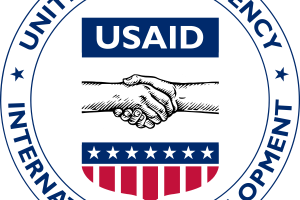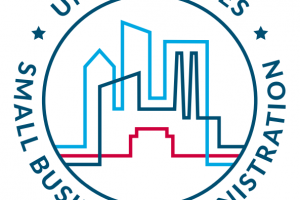
In an effort to sustainably reduce poverty and hunger through its Feed the Future (FtF) global initiative, the United States Agency for International Development (USAID) works with host governments, development partners, and other stakeholders to address the root causes of global hunger. The initiative seeks to: 1) facilitate efficient market systems to meet the growing demand for food; 2) increase agricultural productivity; and 3) increase incomes so the poor can purchase food. There are 20 countries selected for the initiative, which aims to improve the countries’ and their communities’ capacity to better cope with adverse conditions that lead to food crises.1
One of the 20 selected countries was Liberia, whose principal sector of activity is agriculture yet is a country plagued with food insecurity, widespread poverty, high unemployment, low human capital, and a recent outbreak of Ebola. The FtF initiative in Liberia has two main objectives: support growth in Liberia’s agricultural sector and improve the nutritional status of Liberians. In order to know how to better implement programs that work toward these two end-goals, USAID contracted Optimal Solutions Group, LLC (Optimal), under the USAID Learning, Evaluation, and Analysis Project (LEAP) contract, to conduct a population-based survey (PBS). Optimal worked alongside the University of Liberia-Pacific Institute for Research (UL-PIRE) to develop the survey and associated reports, and make ensure the use of sustainable methods so that UL-PIRE had the expertise to conduct future surveys.
The LEAP team sought to conduct near real-time data collection that would also prove to be sustainable for future surveys, so they used Asus Nexus 7 tablets for data collection, provided supervisors with laptops for quality review and daily data upload, and used Open Data Kit as the data collection software. The team made all these selections after conducting thorough field tests and after modifying the survey questions for the electronic and paper versions.
The team conducted the PBS in six Liberian counties— Montserrado, Nimba, Bong, Lofa, Grand Bassa, and Margibi—via a cluster approach and collected data on the following criteria:
- Consumption
- Prevalence of poverty
- Hunger
- Food insecurity
- Women’s empowerment
The LEAP team was scheduled to travel to Liberia to hand off the laptops during summer 2014, but the trip was canceled due to WHO and CDC travel warnings. Instead, the team arranged for laptops with software already installed to be sent to Liberia.
View the full report.





